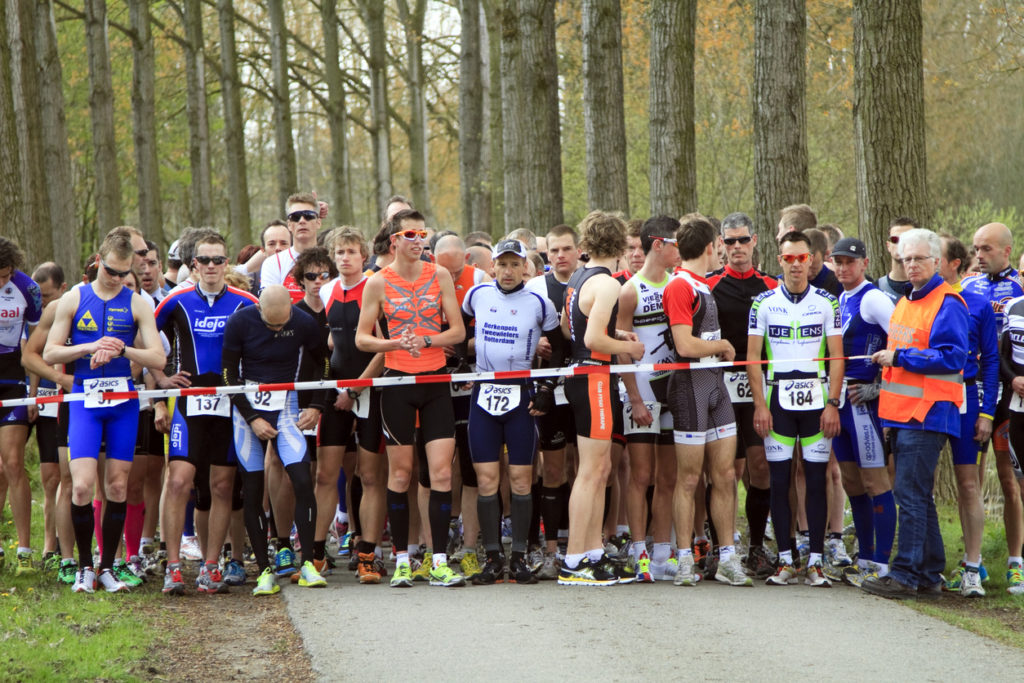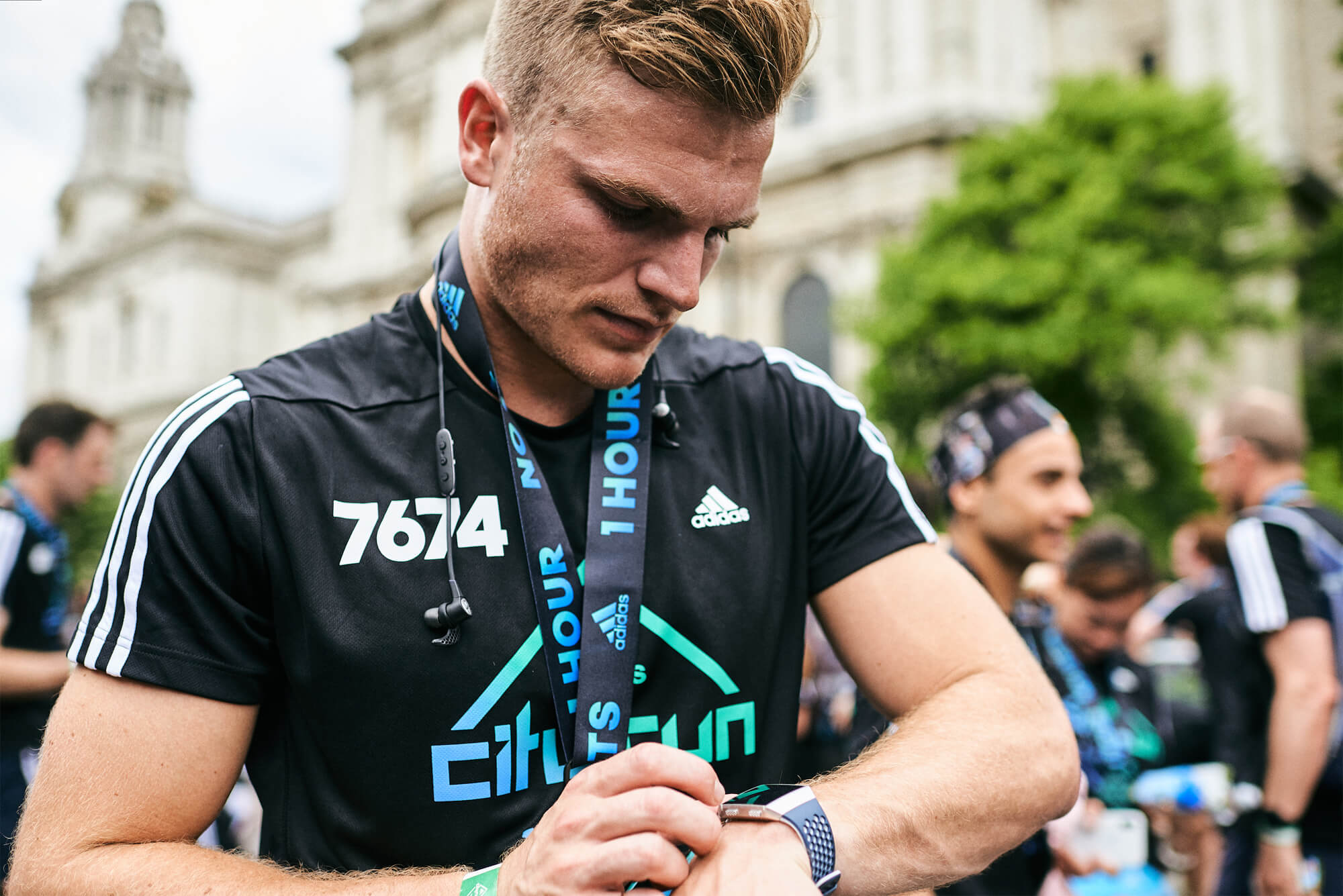When the running bug bites, it probably won’t be long before you start thinking about entering an event. The idea of getting involved in something beyond your regular training sessions and having a specific objective to focus on is the next natural step for the keen runner. So, what should you consider as you plan your first event? Here are seven handy tips…
1) CHOOSE THE RIGHT DISTANCE
Depending on your regular training schedule, you’ll want to pick a race distance that’s challenging but achievable: an event that will give you something to work towards with your training, without feeling overwhelming. Selecting the right distance for you is an important decision – if you aim too low you might not get motivated to train; if you aim too high you’ll get anxious that you might not be prepared and able to complete the distance. A little thought is required to pinpoint the length of the race and ensure you have the right amount of time to prepare yourself for this distance.
2) DO YOU NEED A PLAN B?
Many events have multiple distance races on the same day, so for added reassurance with your training, you might want to enter an event that has one or more shorter distance options. That way, if you enter (for instance) the 10K but find you’re not quite where you want to be with your training, you can drop down to the 5K on the day and still get that great race-day experience.
3) CHOOSE YOUR SURFACE
Events take place on roads, trails and through fields. There are even races that cover all of the above, so pick the terrain you like and that suits the training you do. When thinking about the terrain, also take into consideration the season you’re racing in. Booking an off-road event may seem like a great idea in June, but if it doesn’t take place until November, you may find yourself in a battle just to stay upright rather than to record a good time. Similarly, you should check the course profile so you know what to expect in advance; tackling numerous inclines and declines will come as a shock if you only ever train on the flat. If in doubt, speak to race organisers and get the full lowdown of the course details and likely conditions.
4) LOCATION, LOCATION, LOCATION
Your first race should either be somewhere local or on a course you really want to try out. If it’s local, it’ll be much easier to get to the start line in good time, without having to get up horrendously early or arrange overnight accommodation. If you’re contemplating travelling further afield, you’ll find it much easier to get motivated to organise this if the event has a specific or unique element you couldn’t find closer to home.
5) HOW BIG IS THE EVENT?
You’ve probably watched the Virgin Money London Marathon on TV or in the flesh, which is a good example of the biggest crowds possible at a running event. Your first race is unlikely to get anywhere near this scale, but you should give some thought as to whether you want to run your first event in a crowd of a couple of hundred or a couple of thousand fellow competitors. Larger races can be exciting and motivating, particularly with the amount of crowd support, but also quite overwhelming if you’re not used to running in a crowd or sticking to your own pace while others around you run faster (or slower). You may find it easier to begin with a small-scale event and work up to running through bigger crowds as you get more used to it and your confidence grows.
6) PLAN YOUR RACE-DAY KIT
The idea of racing in some shiny new shoes or a new running top seems great, but it’s much safer to use kit that’s tried and tested. You don’t want to find out on the day that something rubs, chafes, itches or gives you blisters. Test all kit in training and choose the outfit you like the best and that makes you feel most comfortable for race day. Kit that’s been worn and washed might not be quite as exciting as something fresh from the packet, but there’s nothing exciting about sore skin halfway through your race.
7) CHECK THE START TIME
Races can begin at all times of the day, so make sure you select a race with a start time that suits you. If you’re not a fan of early mornings, you may wish to avoid the 8am start times, particularly as you’ll need to get up in time to have a good pre-race breakfast and give it time to settle in your stomach, as well as getting to the event.







